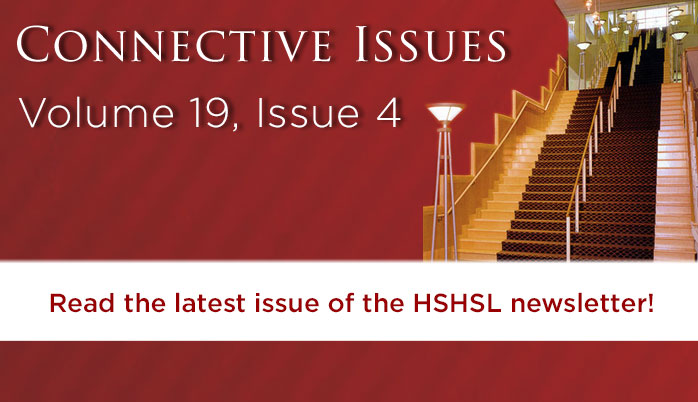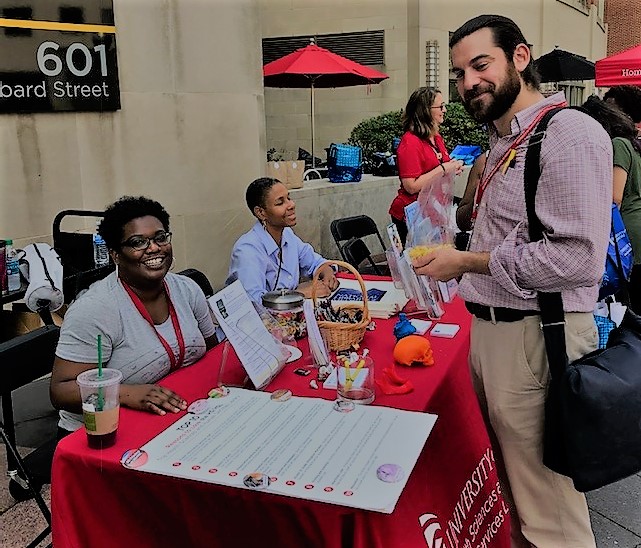Censorship and the impulse to restrict access to ideas are not new. They have remained a constant thread in debates over sex, religion, science, politics, gender and race, raising a fundamental question: Who gets to decide what we can read?
To mark Banned Books Week, Oct. 5–11, the HSHSL has assembled an exhibit highlighting banned and challenged books in our circulating and historical collections. Although the national observance lasts only one week, our exhibit will remain up longer to give visitors more time to explore.
The first floor showcases circulating titles that are available for checkout, while the fifth floor highlights noncirculating historical titles.
Circulating Collections: Bound but Not Silenced
The circulating and leisure reading collections at the HSHSL contain titles that have faced bans or challenges in schools, prisons, and libraries across the United States. These books continue to spark debate on issues such as race, politics, health, and identity. A few are highlighted below in more detail, followed by a list of other contested works in our holdings.
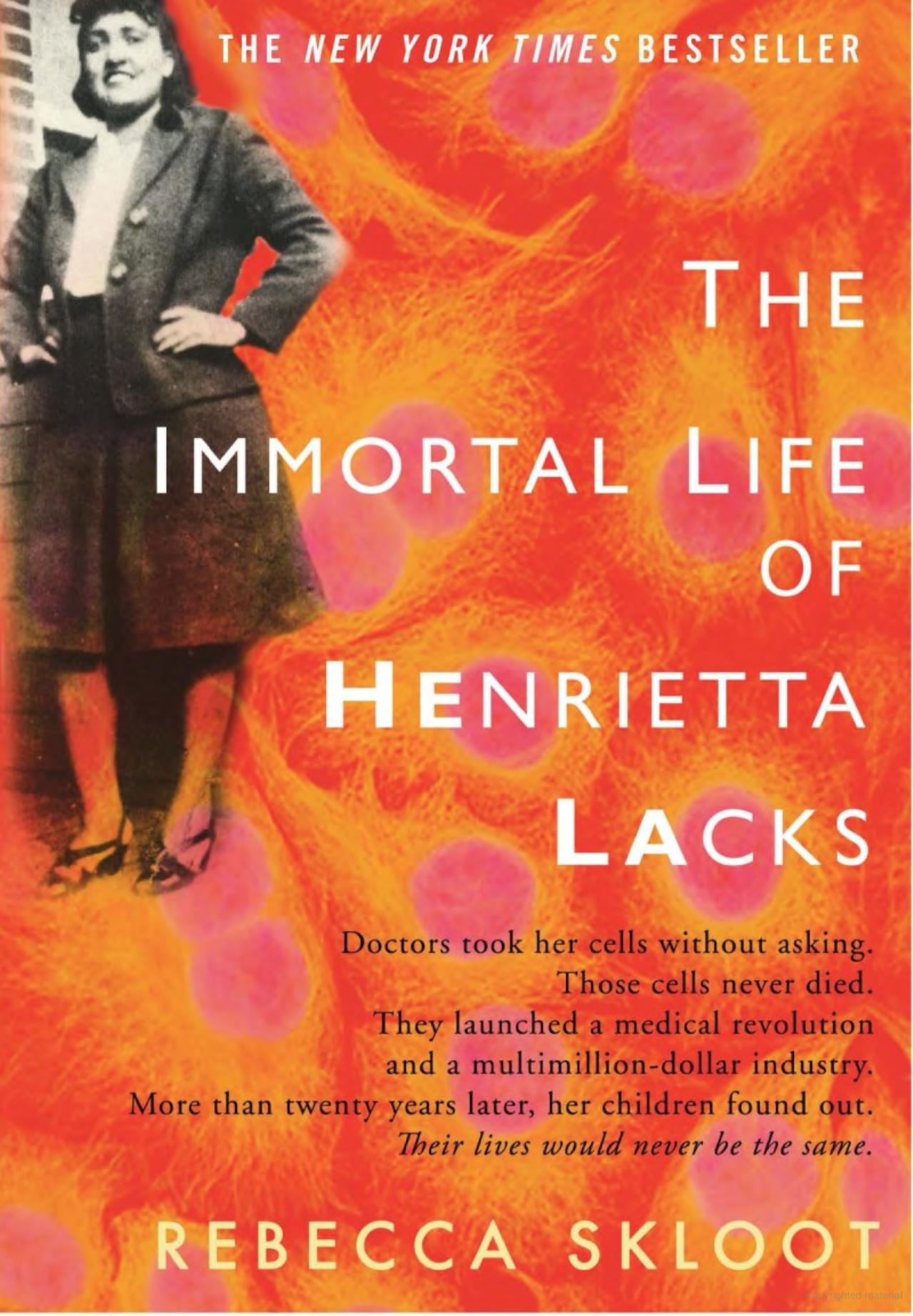 The Immortal Life of Henrietta Lacks by Rebecca Skloot, 2010. HSHSL Circulating Collection, RC265.6 .L24 S55 2011.
The Immortal Life of Henrietta Lacks by Rebecca Skloot, 2010. HSHSL Circulating Collection, RC265.6 .L24 S55 2011.
This award-winning work tells the story of Henrietta Lacks, a Black woman whose cervical cancer cells were taken without her consent in 1951. Those cells became the first immortal human cell line, known as HeLa cells, and made possible major medical breakthroughs. The book has been challenged in schools as pornographic and for graphic information. Its censorship has drawn criticism because the book raises issues central to health sciences education, including patient consent, race, and medical ethics.
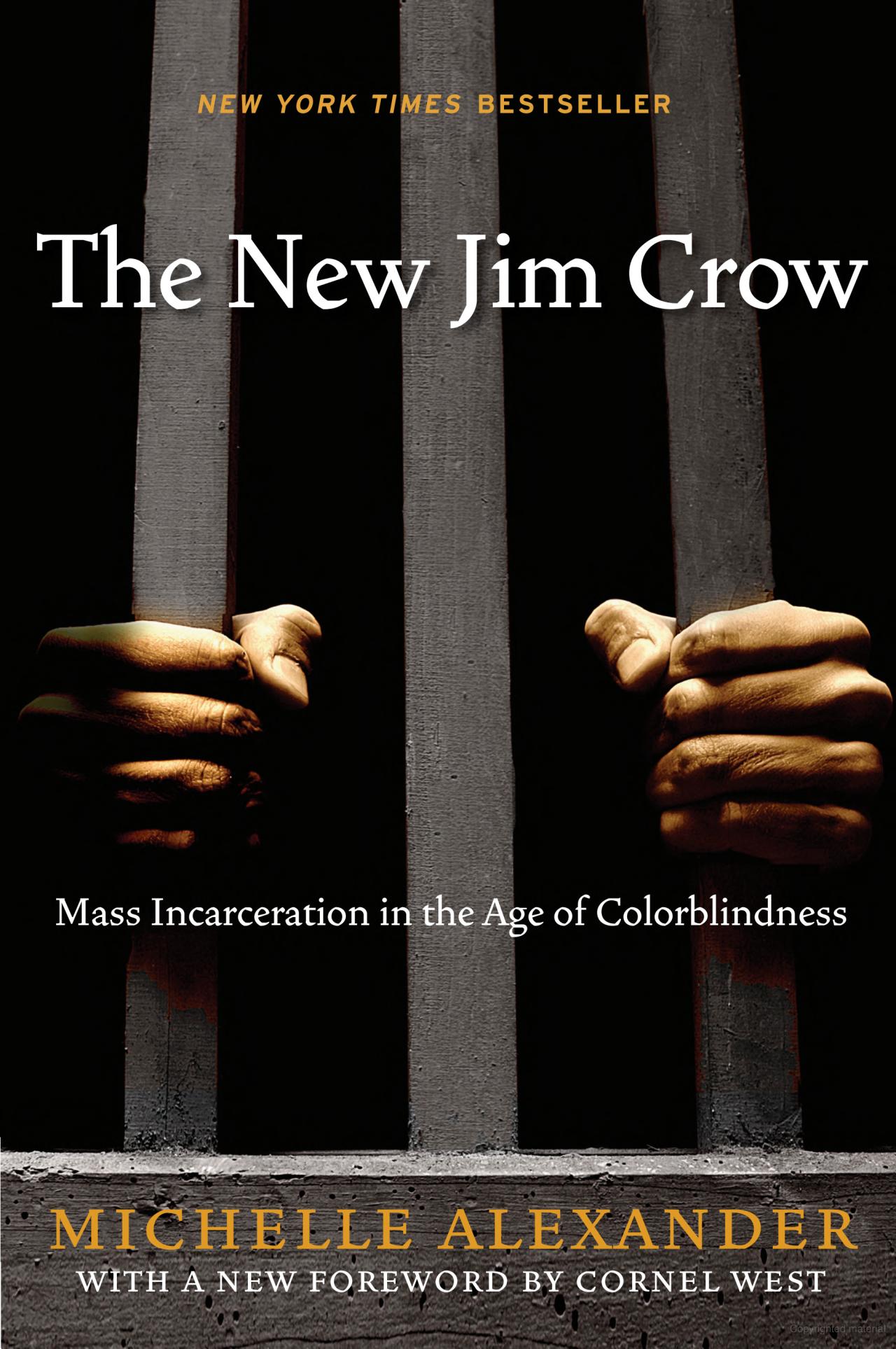 The New Jim Crow: Mass Incarceration in the Age of Colorblindness by Michelle Alexander, 2012, revised edition. HSHSL Circulating Collection, HV9950 .A437 2012.
The New Jim Crow: Mass Incarceration in the Age of Colorblindness by Michelle Alexander, 2012, revised edition. HSHSL Circulating Collection, HV9950 .A437 2012.
Alexander’s book examines how mass incarceration in the United States functions as a system of racial control. It has been banned in multiple prison systems and challenged in schools for its focus on structural racism. Since its publication, the book has been widely discussed in both legal and health fields. It has become a touchstone for understanding how social policies shape health outcomes and contribute to inequities in communities.
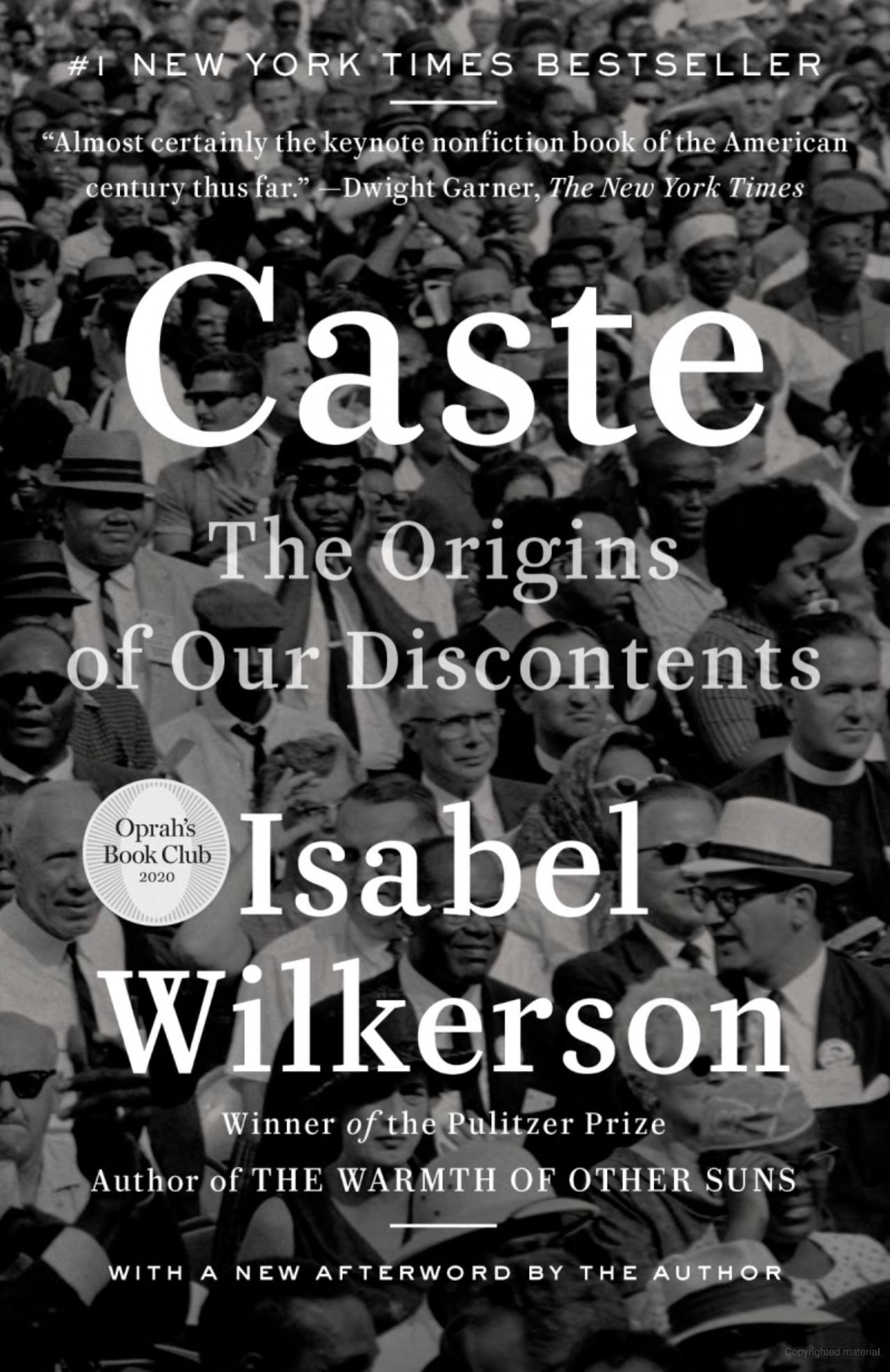 Caste: The Origins of Our Discontents by Isabel Wilkerson, 2020. HSHSL Leisure Reading Collection, HT725 .U6 W55 2020.
Caste: The Origins of Our Discontents by Isabel Wilkerson, 2020. HSHSL Leisure Reading Collection, HT725 .U6 W55 2020.
Wilkerson argues that race in the United States functions as a caste system that influences opportunity, privilege, and inequality. The book was removed from some Texas shelves under the label of weeding, although critics argued that the decision was politically motivated. Its removal is part of a broader debate about how topics such as history, race, and social structures are taught. The book has been influential in conversations about inequity in health care and society at large.
Other banned and challenged titles in the circulating and leisure reading collections include:
Politics and ideology
- The Communist Manifesto by Karl Marx and Friedrich Engels. Restricted or challenged worldwide for promoting communist ideology. HSHSL Circulating Collection, HX39.5 .A5213 2012
- Nickel and Dimed: on (not) getting by in America by Barbara Ehrenreich. Challenged for political viewpoint, offensive language, and anti-Christian sentiment. HSHSL Circulating Collection, HD4918 .E375 2011
Social justice and race
- Horse by Geraldine Brooks. Removed from military school libraries, likely due to its setting against the legacy of slavery. Leisure Reading Collection, PR9619.3 B7153 H67 2022
- Everywhere You Don’t Belong by Gabriel Bump. Removed from the U.S. Naval Academy library as part of the DEI-related sweep. Leisure Reading Collection, PS 3602 .U474 E95 2020
- The Prophets by Robert Jones, Jr. Removed from the U.S. Naval Academy library in the same sweep. Leisure Reading Collection, PS3610 .O627677 P76 2021
Young adult and contemporary fiction
- Go Ask Alice by Anonymous. Frequently challenged for drug use, sexual content, and offensive language. HSHSL Circulating Collection, PZ7 .G6 2006
- Imaginary Friend by Stephen Chbosky. Removed from a Florida school library for explicit sexual content. Leisure Reading Collection, PS3553 .H3469 I43 2019
- Nightwork by Nora Roberts. Banned from Florida school libraries for being an adult romance novel. Leisure Reading Collection, PS368 .O243 N568 2022
- Afterparties by Anthony Veasna So. Challenged in Tennessee, likely due to queer representation, non-graphic sexual content, and immigration themes. Leisure Reading Collection, PS3619 .O33 A69 2021
Historical Collections: Through the Flames
Historically, medical and science volumes were not immune from bans and censorship. Many medical and science texts were added to the Catholic Church’s Index Librorum Prohibitorum, a list of books prohibited because they contradicted the Bible or challenged morality. The list was not the first to censor books in the name of religion, but it was longstanding lasting from 1560 to 1966. Other volumes were banned due to laws, such as the 1873 United States Comstock Laws which prohibited the distribution of lewd, obscene, indecent, or filthy materials. The Comstock Laws remain in effect today but are mostly ignored except to prosecute the distribution of child pornography; however, when first established they prohibited the distribution of materials related to sex or contraception.
The titles highlighted below are from Historical Collections and range in theme from titles outlining early evolution theory to volumes teaching women about contraception as well as volumes presenting modern philosophical theories. While these volumes do not circulate, most have been digitized and can be read online.
Family Limitation by Margaret Sanger, Revised 13th Edition, undated. From the Social Work Historical Book Collection.
This pamphlet was first published in 1914 while Margaret Sanger awaited trial for violating the 1873 Comstock Laws with her newsletter, The Woman Rebel. The first edition was printed 100,000 copies secretly at night. While not traditionally banned, this pamphlet could not be distributed under the Comstock Laws because it described and advocated for methods of birth control and discussed sex and marriage, topics which were considered lewd or obscene. After publishing this pamphlet, Sanger fled the country for London; she returned in 1915 to face the charges against her but she never went to trial because the prosecutor did not want to turn Sanger into a martyr. Her husband, William Sanger, was jailed for unknowingly distributing Family Limitation to an undercover copy. While challenged, the pamphlet was still influential; it was translated into a dozen languages and had 18 editions.
Married Love by Marie Carmichael Stopes, Revised 9th Edition, 1921. From the Social Work Historical Book Collection.
Married Love was written in 1913, but publishers found it too controversial to print until Humphrey Verdon Roe (Stopes’ second husband) paid to have it published in 1918. The book was a sex manual that discussed birth control and argued that marriage should be an equal relationship. Married Love also suggested that woman should and could enjoy sex; it was also the first book to note that woman’s sexual drive coincided with ovulation. The book was a best seller in England going through five editions in its first year of publication but was immediately banned by the United States Customs because it was considered obscene. In 1931, Federal Judge John M. Woolsey in US v. One Obscene book entitled “Married Love” overturned the ban; Woolsey overturned the ban on Stopes’ Contraception that same year. Married Love was referenced several times in seasons 4 and 5 of Downton Abbey.
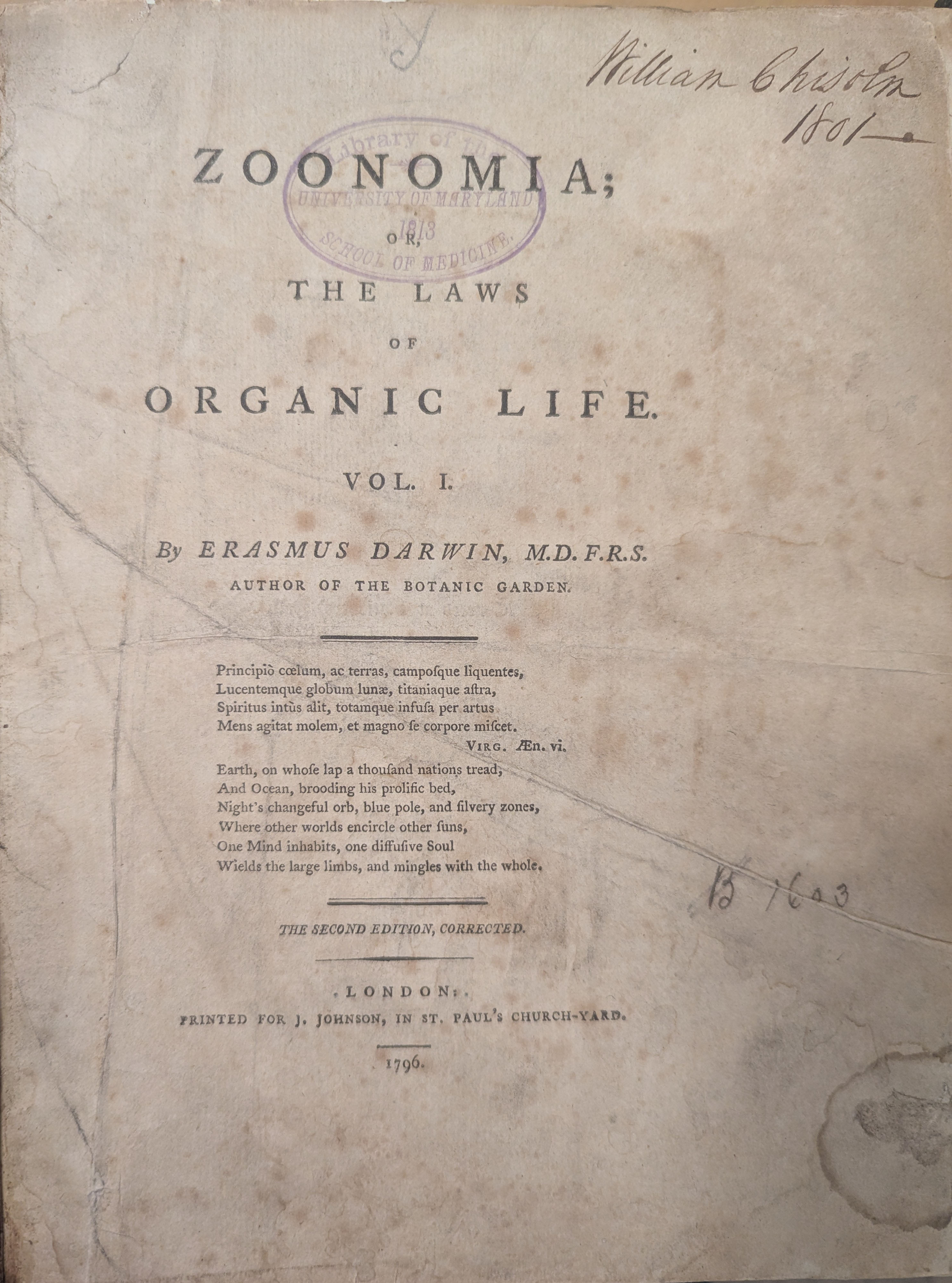 Zoonomia, or, the Laws of Organic Life by Erasmus Darwin, 1796. From the Medicine Historical Book Collection.
Zoonomia, or, the Laws of Organic Life by Erasmus Darwin, 1796. From the Medicine Historical Book Collection.
Zoonomia is a two-volume text on the pathology, anatomy, psychology, and functioning of the body published in 1794 (volume 1) and 1796 (volume 2). The volumes establish early theories of evolution and classified animal life as well as diseases and their treatment. The title was placed on the Catholic Church’s Index Librorum Prohibitorum in 1817 because the books implied that the Bible was not literal and included mentions of sex and procreation that was deemed lewd. As a result of the ban, Erasmus Darwin is often a forgotten name in evolution theory history. Erasmus Darwin was the grandfather of Charles Darwin.
Lectures on Comparative Anatomy, Physiology, Zoology, and the Natural History of Man by Sir William Lawrence, 1828. From the Medicine Historical Book Collection.
This volume combines William Lawrence’s 1817 series of lectures on physiology and zoology at the Royal College of Surgeons in London with his 1818 volume, The Natural History of Man. The book was banned by Lord Chancellor and the British government in 1822 because it was considered blasphemous for contradicting the Bible. As a result of the ban, Lawrence lost copyright of the book, which was then pirated by several publishers. The volume is an early work on evolution and was cited several times by Charles Darwin in The Descent of Man, yet Lawrence’s theories on evolution, like Erasmus Darwin’s above, are often not included in the history of evolution. The book also deals with race and presented arguments about what made races different.
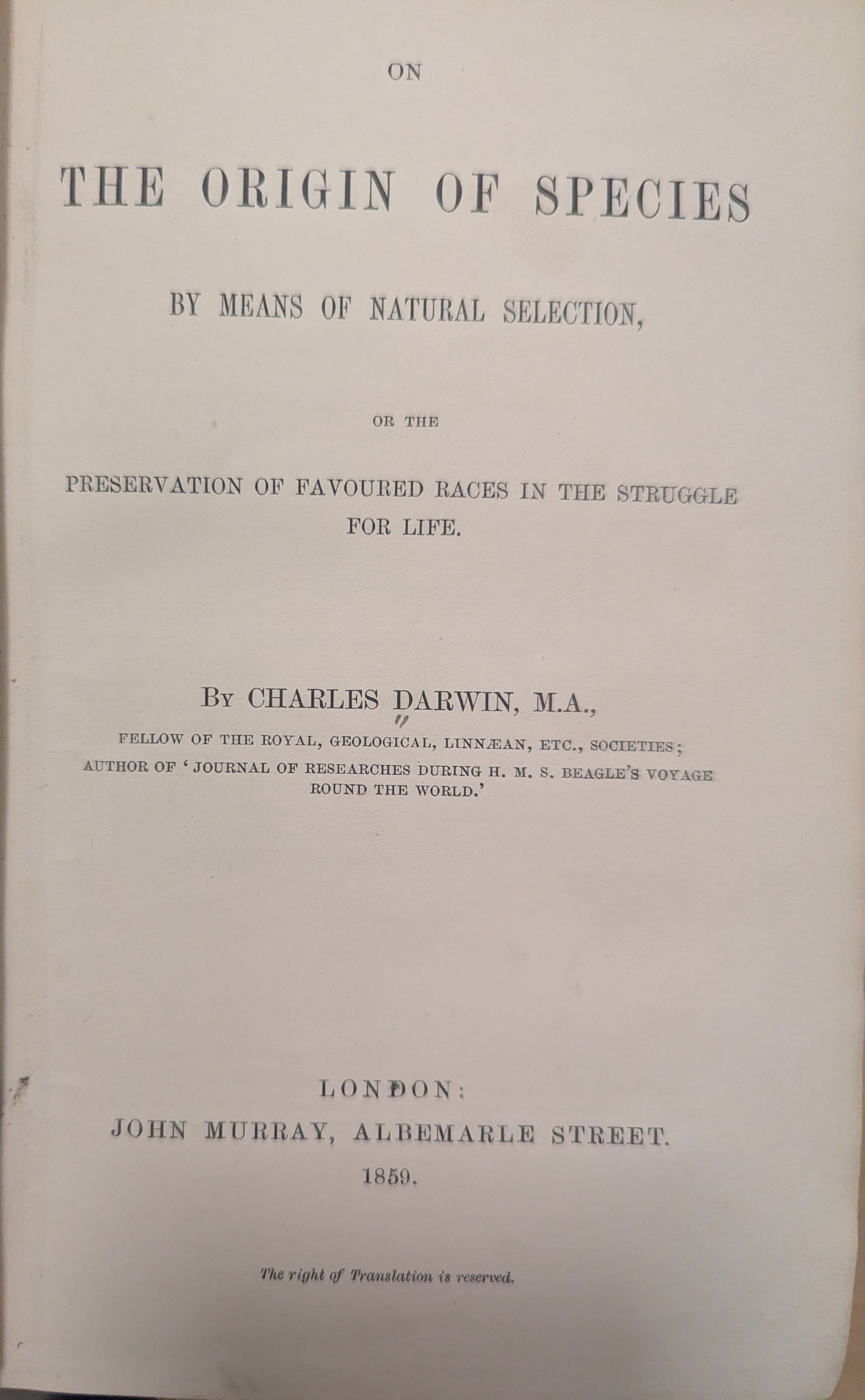 On the Origin of Species by Means of Natural Selection, or, the Preservation of Favoured Races in the Struggle for Life by Charles Darwin, 1st Edition, 1859. From the Medicine Historical Book Collection.
On the Origin of Species by Means of Natural Selection, or, the Preservation of Favoured Races in the Struggle for Life by Charles Darwin, 1st Edition, 1859. From the Medicine Historical Book Collection.
On the Origin of Species was named the most influential banned book by public vote in The Bookseller in 2019. Charles Darwin published the book in 1859, but he wrote it 20 years prior. Darwin hesitated to publish the volume because he understood that his theory could be problematic because it conflicted with Christianity’s teaching of creation and God as an active participant in human life. Initially the book was a best seller. It was first banned from Darwin’s Alma Mater, Trinity College in 1895 for “contradicting Christian beliefs.”

In the US the Civil War (1861-1865) kept Darwin’s theory from spreading until the late 19th century. The first ban on Darwin and the teaching of evolution in the US occurred in Tennessee in 1925 with the Butler Act. John Scopes, a teacher challenged the law by teaching evolution in high school, which resulted in the 1925 Scopes Trial where Scopes was found guilty. The verdict was eventually overturned on a technicality. The ban on teaching evolution remained in effect in Tennessee until 1967; the teaching of evolution continues to be a controversial topic in the United States.
An Essay Concerning Humane Understanding and a Treatise on the Conduct of the Understanding by John Locke, 1850. From the Medicine Historical Book Collection.
John Locke’s An Essay Concerning Humane Understanding was first published in 1689. Locke argued that the mind at birth was a blank slate, known as Tabula rasa, attacking the principle of innate knowledge and suggested that humans are not born with a sense that God exists and should be worshipped. The book was added to the Index Librorum Prohibitorum in 1700 and banned at Oxford University in 1704. When originally published the work was four volumes; the 1850 volume in our collection combined all four volumes and included information about the author. Locke’s work paved the way for the development of modern philosophy; he is considered the “father of liberalism.”
Browne’s Religio Medici and Digby’s Observations by Thomas Browne and Sir Kenelm Digby, Tudor & Stuart Library Edition, 1909. From the Medicine Historical Book Collection.
This volume combines Thomas Browne’s 1642 volume titled, Religio Medici or “Religion of a Physician” and Sir Kenelm Digby’s observations on the piece as well as challenges to Browne’s assumptions, logic and conclusions. Religio Medici is based on Browne’s own experiences and thoughts about the Christian faith; it looks at the relationship between religion and science. The volume promoted tolerance and asked readers to come to their own conclusions when it came to faith and science. The first edition was an unauthorized publication by Andrew Crooke; Browne later published an authorized version in 1643 and by 1645 the book was added to the Index Librorum Prohibitorum.
Works of Sigmund Freud. From the Medicine Historical Book Collection.
Historical Collections contains three volumes by Sigmund Freud: Selected Papers on Hysteria and other Psychoneuroses (1912), The History of the Psychoanalytic Movement (1917), Three Contributions to the Theory of Sex (1916). All of Freud’s work was banned and burned by the Nazi party in state-sanctioned book burning bonfires in Germany from 1933 to 1945. Freud was deemed “un-German” because of Freud’s family’s Jewish beliefs despite Freud himself being an atheist. During the book burns fire oaths were used stating the reasons why the book was problematic. The fire oath for Freud’s work called it “soul-shredding overvaluation of sexual activity.” In a conversation with Ernest Jones, a friend and colleague, Freud said, “What progress we are making. In the Middle Ages they would have burned me. Now, they are content with burning my books.” Jones would be instrumental in getting Freud and his family safely out of Austria in 1938.
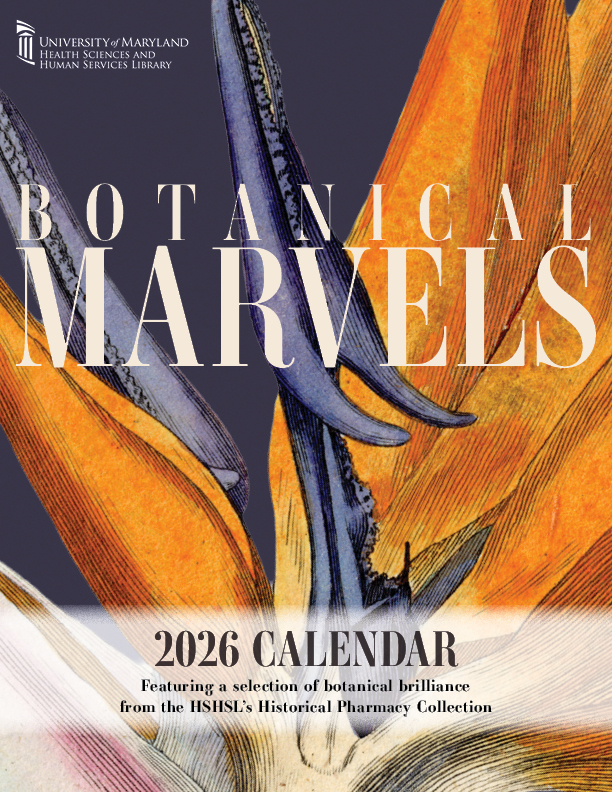




 The Immortal Life of Henrietta Lacks by Rebecca Skloot, 2010. HSHSL Circulating Collection, RC265.6 .L24 S55 2011.
The Immortal Life of Henrietta Lacks by Rebecca Skloot, 2010. HSHSL Circulating Collection, RC265.6 .L24 S55 2011. The New Jim Crow: Mass Incarceration in the Age of Colorblindness by Michelle Alexander, 2012, revised edition. HSHSL Circulating Collection, HV9950 .A437 2012.
The New Jim Crow: Mass Incarceration in the Age of Colorblindness by Michelle Alexander, 2012, revised edition. HSHSL Circulating Collection, HV9950 .A437 2012. Caste: The Origins of Our Discontents by Isabel Wilkerson, 2020. HSHSL Leisure Reading Collection, HT725 .U6 W55 2020.
Caste: The Origins of Our Discontents by Isabel Wilkerson, 2020. HSHSL Leisure Reading Collection, HT725 .U6 W55 2020. Zoonomia, or, the Laws of Organic Life
Zoonomia, or, the Laws of Organic Life On the Origin of Species by Means of Natural Selection, or, the Preservation of Favoured Races in the Struggle for Life
On the Origin of Species by Means of Natural Selection, or, the Preservation of Favoured Races in the Struggle for Life
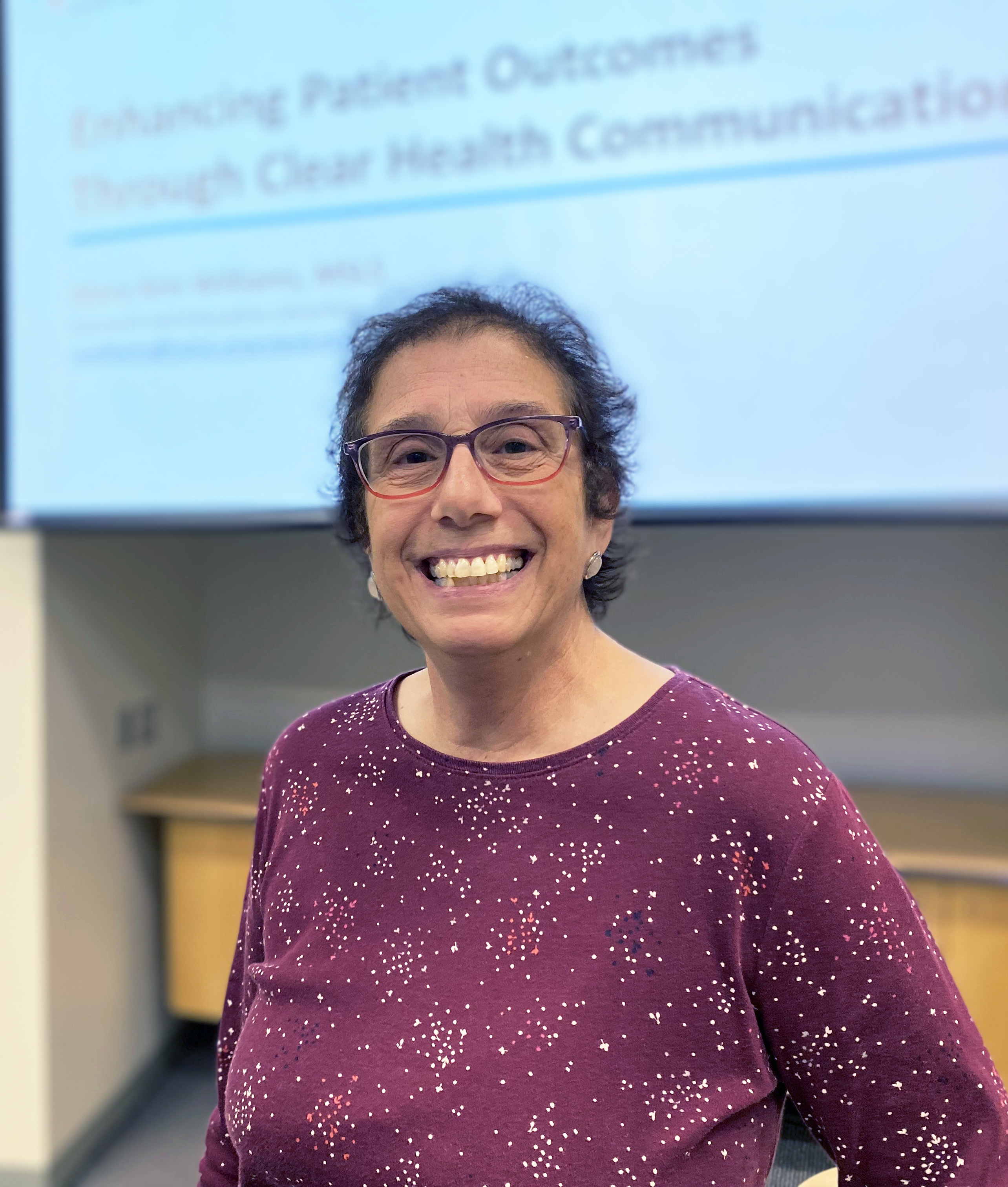
 As part of the University of Maryland, Baltimore’s (UMB)
As part of the University of Maryland, Baltimore’s (UMB) 

